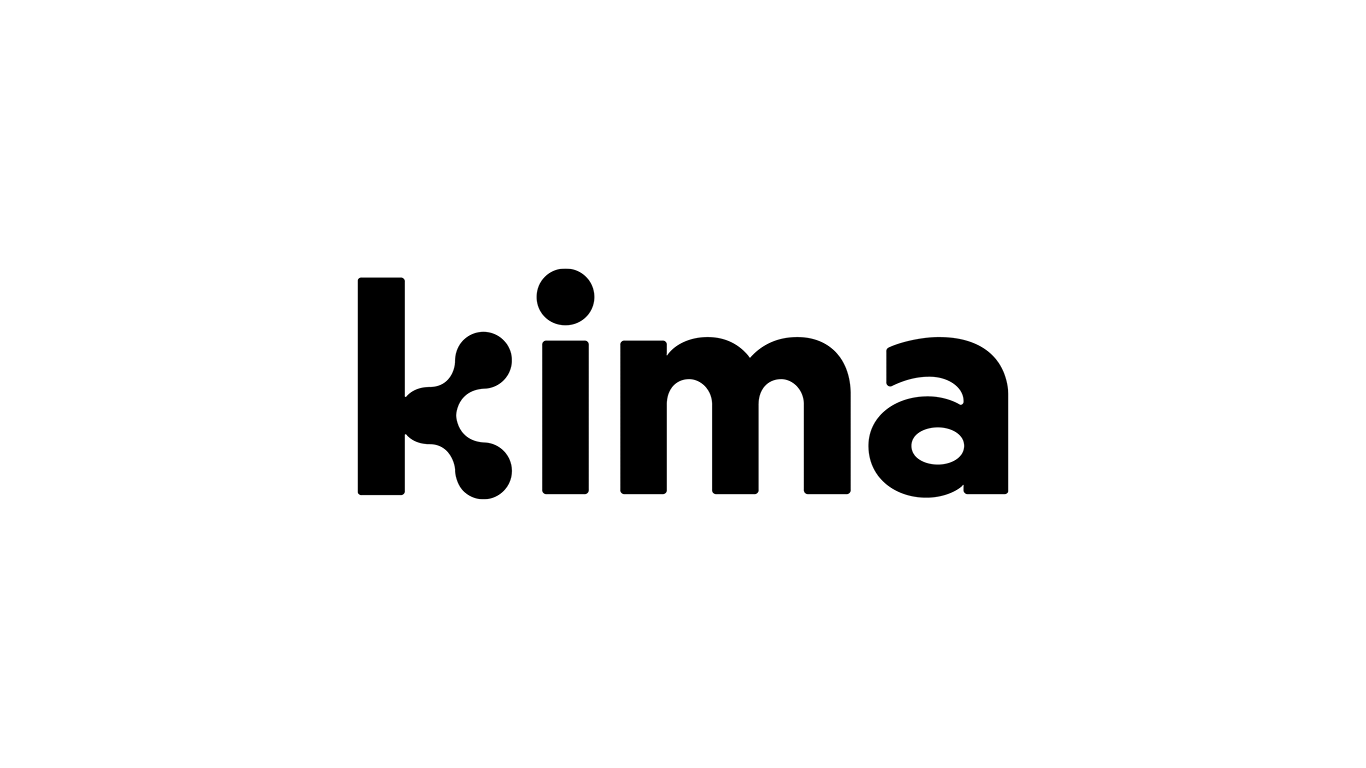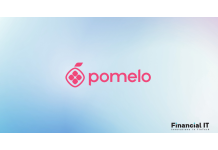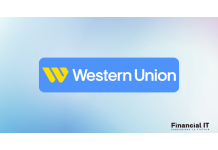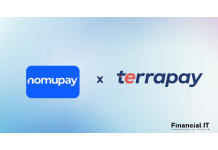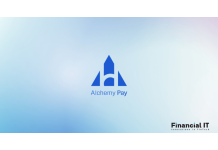Thunes and UnionPay International Launch Instant Money...
- 22.01.2026 10:45 am
Western Union to Acquire International Money Express,...
- 11.08.2025 12:35 pm
Send App By Flutterwave Relaunches In The US With...
- 04.07.2025 08:25 am
Jingle Pay Collaborates with Western Union to Power...
- 16.06.2025 11:15 am
Emirates NBD Becomes the First Bank in the UAE to...
- 16.04.2025 01:25 pm
Western Union Offers Zero-Fee International Money...
- 04.04.2025 11:55 am
Checkout.com Teams Up With Mastercard Move to...
- 26.02.2025 03:00 pm
Pomelo Launches First-Ever Rewards Program for...
- 07.02.2025 11:05 am
Western Union and Penny Pinch Launch International...
- 06.02.2025 08:35 am
TransferGo Launches Multi-Currency Accounts For Global...
- 03.02.2025 01:25 pm
NomuPay, TerraPay, and KlickEx Pacific Join Forces to...
- 22.01.2025 09:05 am
Alchemy Pay Expands U.S. Compliance with Four New...
- 08.11.2024 02:30 pm

